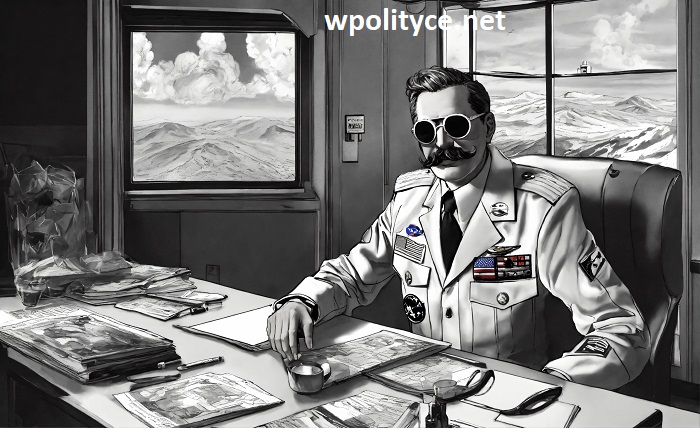Imperialism, the forceful domination of one nation over another, has been a persistent theme throughout history. But amidst the clash of empires and the struggles of colonized peoples, a powerful tool emerged – the political cartoon. These often satirical illustrations served to expose the hypocrisy, greed, and human cost of imperialism.
Decoding the Symbols: Cartoon Language
Political cartoons rely on symbolism and exaggeration to convey their message. A portly king might represent the bloated ambitions of an empire, while a skeletal figure could symbolize the devastation of colonized lands. Understanding these symbols is crucial to interpreting the cartoon’s intent.
The White Man’s Burden: Satirizing Racist Justifications
Cartoons often mocked the racist justifications used by imperial powers. The infamous “White Man’s Burden” trope, portraying colonization as a civilizing mission, was a frequent target. These cartoons exposed the self-serving nature of imperialism and the exploitation it masked.
The Scramble for Africa: A Continent Divided
The late 19th century saw a frenzy of European colonization in Africa. Cartoons depicted Africa as a helpless cake being carved up by greedy European powers, highlighting the brutality and disregard for African sovereignty.
Uncle Sam’s Shadow: Imperialism in the Americas
The United States, despite its own revolutionary origins, eventually joined the imperialist race. Cartoons lampooned American hypocrisy, contrasting its ideals of liberty with its interventions in Latin America and the Philippines.
Anti-Colonial Resistance: Fighting Back with Ink
Cartoons were not just a tool of critique by Westerners. Colonized people also used cartoons to express their anger, defiance, and yearning for freedom. These powerful images challenged the dominant narrative and fueled anti-colonial movements.
The World Wars: A Reshuffling of Empires
The 20th century saw the rise and fall of empires. Cartoons captured the shifting alliances and battles for global dominance during the World Wars, highlighting the human cost of imperial ambition.
Legacy of Imperialism: Echoes in the Modern World
The legacy of imperialism continues to shape the world today. Cartoons are still used to critique neocolonial practices and the lingering effects of past domination on international relations and resource control.
Conclusion
Political cartoons about imperialism offer a window into the past, reminding us of the human cost of domination and the enduring fight for freedom. By using humor, satire, and symbolism, these powerful images continue to spark conversation and challenge us to think critically about the world we live in.
FAQ
-
Where can I find these cartoons?
Many historical archives, libraries, and online databases have collections of political cartoons.
-
How can I analyze a political cartoon?
Consider the historical context, identify symbols, and analyze the message the cartoon is trying to convey.
-
Are all political cartoons about imperialism anti-imperialist?
Not all. Some cartoons promoted the ideals of empire-building or mocked anti-colonial movements.
Read more about: r-34

